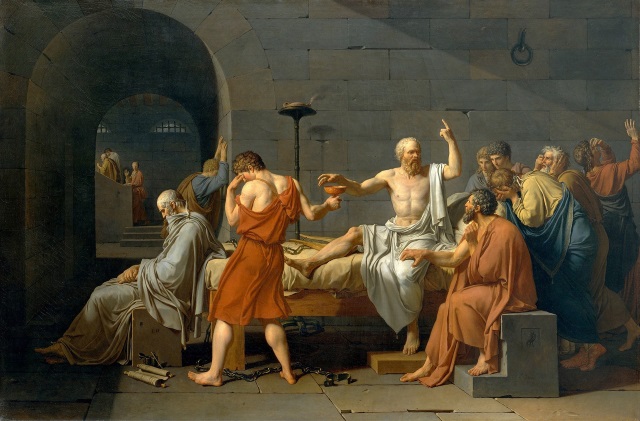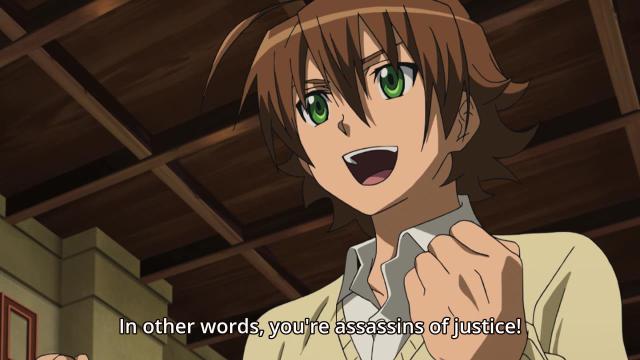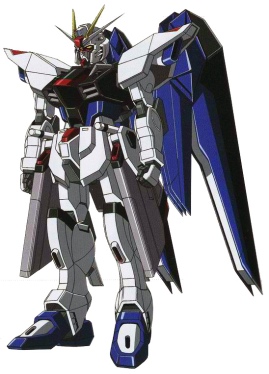For those who don’t know, this is Mental Health Awareness Week, at least in the USA. I know many people who suffer from mental health issues, and my last post was on the topic as well. There should be an update post coming from me soon. I know most of you are here for anime and such, not this stuff, but well, this topic is why I hadn’t been watching or writing much about anime in the past couple of years, even though I wanted to. As always, if you find the need to talk to someone, I’m here to talk, on Twitter, via email, Discord, etc.
Hopefully this poem will be pleasing artistically, and will help people feel less alone, more understood, or will give those on the outside a glimpse in. The preamble to the poem is part of the poetic effort in this instance.

Some people like bringing up rules to be adhered to when discussing poetry. Rules such as, “no abstractions,” yet what do you think metaphors and similes are? What do you think are words?
What sort of poetry can you write, when you let the rules use you rather than using them, and knowing when to abandon them? And if you cannot do anything but parrot said rules, shouldn’t you just point at the rules, rather than call yourself a poetry critic?
Hark! For this poem that follows contains no abstractions. Nothing but concrete reality here.







